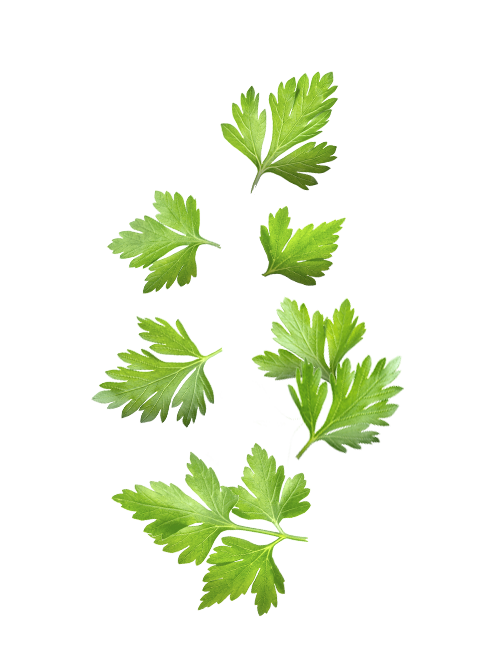 début juin → fin octobre
début juin → fin octobre
Regular price
Regular price
Sale price
Unit price
per
Couldn't load pickup availability
Do you know the origin of the word coriander? The term appeared in the 12th century and comes from the Latin coriandrum, which took it from the Greek koriandron. This word means "male (andros) bug (kori)" in reference to the unpleasant smell of fresh seeds, reminiscent of that which the male bug emits.
Do you know what was the first use of coriander? 6000 years before our era, Semitic people flavored their bread with coriander seeds. The plant is also mentioned in the Bible, where it is compared to manna. In the Middle Ages, it was widespread throughout Europe and then it was introduced to America by the Spaniards. Coriander leaves are a classic in the cuisines of the Middle East, parts of India, Southeast Asia as well as Latin America.
View full details
Do you know what was the first use of coriander? 6000 years before our era, Semitic people flavored their bread with coriander seeds. The plant is also mentioned in the Bible, where it is compared to manna. In the Middle Ages, it was widespread throughout Europe and then it was introduced to America by the Spaniards. Coriander leaves are a classic in the cuisines of the Middle East, parts of India, Southeast Asia as well as Latin America.
Buy
Leaves should be nice green, fresh, without yellowing or wilting.Keep
Place the coriander leaves in a plastic bag in the refrigerator or for better preservation, put them in a glass of water covered with plastic and change the water every days. As for the seeds, put them in a cool, dry place, away from light, in an airtight container.Prepare
You can use your cilantro fresh, ground or in seeds. For the most daring cooks, it even makes it possible to make unforgettable desserts.Stay healthy
The main actions of coriander are digestive, aperitif (it stimulates the appetite), toning, anti-infectious, antibacterial. Coriander leaves, raw or dehydrated, are an excellent source of vitamin K, necessary in men and women for the synthesis (production) of proteins that collaborate in blood clotting (both in stimulation and inhibition of blood coagulation). It also has great antioxidant power.

